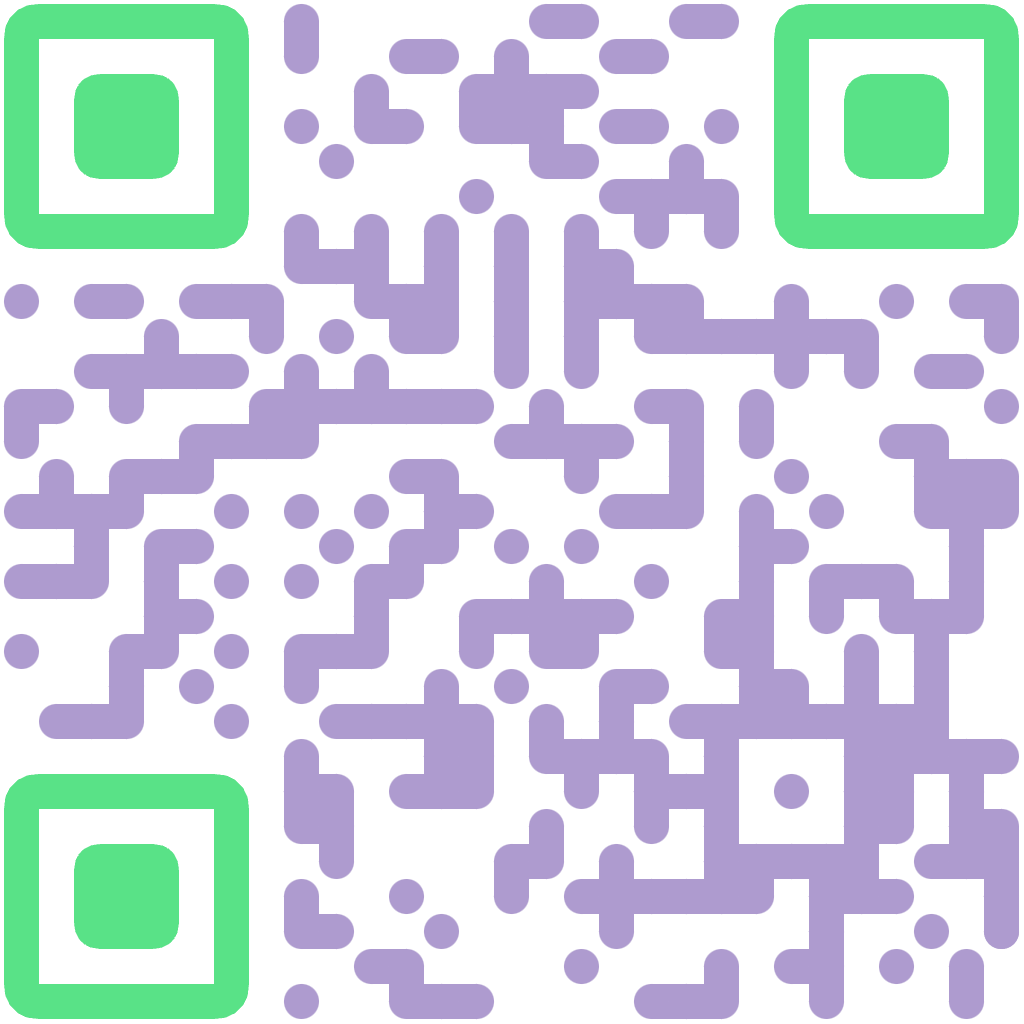
The Impact of Social Media on Sleep: How to Disconnect and Get a Good Night's Rest
Understanding the negative effects of social media on sleep and how sleepiest sleep aid app can help you disconnect.
Read 0 timesHey there, do you find yourself scrolling through your social media feeds before bedtime? Did you know that it can affect your sleep quality? In this article, we'll talk about how social media can harm your sleep and provide some easy tips to disconnect and get a restful night's sleep. We'll also introduce Sleepiest, a sleep aid app that can help you relax and fall asleep faster.

The Negative Impact of Social Media on Sleep
- Blue Light Exposure: Did you know that the blue light emitted from our electronic devices can make it difficult to fall asleep? It can suppress the production of melatonin, the hormone that regulates our sleep-wake cycle, and disrupt our circadian rhythm. This can cause insomnia and other sleep-related problems.
- Increased Anxiety and Stress: Social media can cause stress and anxiety, especially if we become overwhelmed by the volume of information and social comparisons. It can also lead to feelings of pressure and stress when we receive constant notifications and updates, making it harder to relax and fall asleep.
- Disrupted Sleep Patterns: Spending too much time on social media can disrupt our sleep patterns by keeping us up later than we intended. The constant exposure to new content, notifications, and alerts can make it harder to switch off and get the restful sleep we need.
- Depression and Loneliness: Did you know that social media can contribute to feelings of isolation, loneliness, and depression? FOMO (Fear of Missing Out) and the pressure to constantly be connected can lead to anxiety and stress, which can harm our sleep quality.
- Overstimulation: Social media is designed to grab our attention and keep us engaged for as long as possible. This can lead to overstimulation, making it harder to relax and fall asleep. The constant exposure to information, images, and updates can make it harder to quiet our minds and unwind before bedtime.

Tips to Disconnect and Get a Restful Night's Sleep:
- Establish a Digital Curfew: Set a specific time to stop using electronic devices before bedtime. This will give your brain time to unwind and prepare for sleep.
- Establish a Relaxing Bedtime Routine: Develop a relaxing bedtime routine that helps you wind down and prepare for sleep. This could include taking a warm bath, reading a book, or practicing meditation.
- Turn Off Notifications: Turn off notifications from social media and other electronic devices before bedtime. This will reduce the likelihood of interruptions and overstimulation that can affect your sleep quality.
- Keep Electronic Devices out of the Bedroom: Avoid bringing electronic devices, including smartphones and tablets, into your bedroom. This will help create a relaxing and sleep-conducive environment.
- Try Sleepiest Sleep Aid App: If you find it hard to fall asleep at night, why not give Sleepiest a try? It's a sleep aid app that offers a range of calming sounds, bedtime stories, and guided meditations that can help you relax and fall asleep faster. With its collection of soothing sounds and music, Sleepiest can help you unwind and prepare for a restful sleep. You can also use Sleepiest with Siri, so you don't need to use the app directly before bed.
We all love using social media, but excessive use of it can harm our sleep quality. So, why not try out the tips we've discussed and improve your sleep quality? Establish a digital curfew, establish a relaxing bedtime routine, turn off notifications, keep electronic devices out of the bedroom, and consider using sleep aid apps like Sleepiest. With these tips, you can disconnect and get a restful night's sleep.












